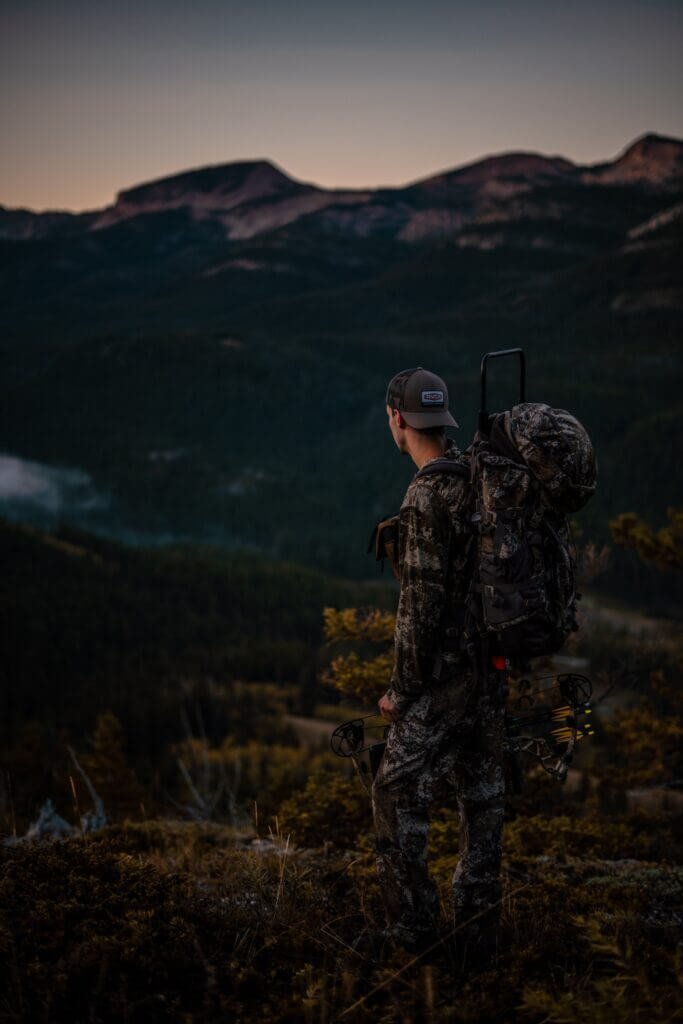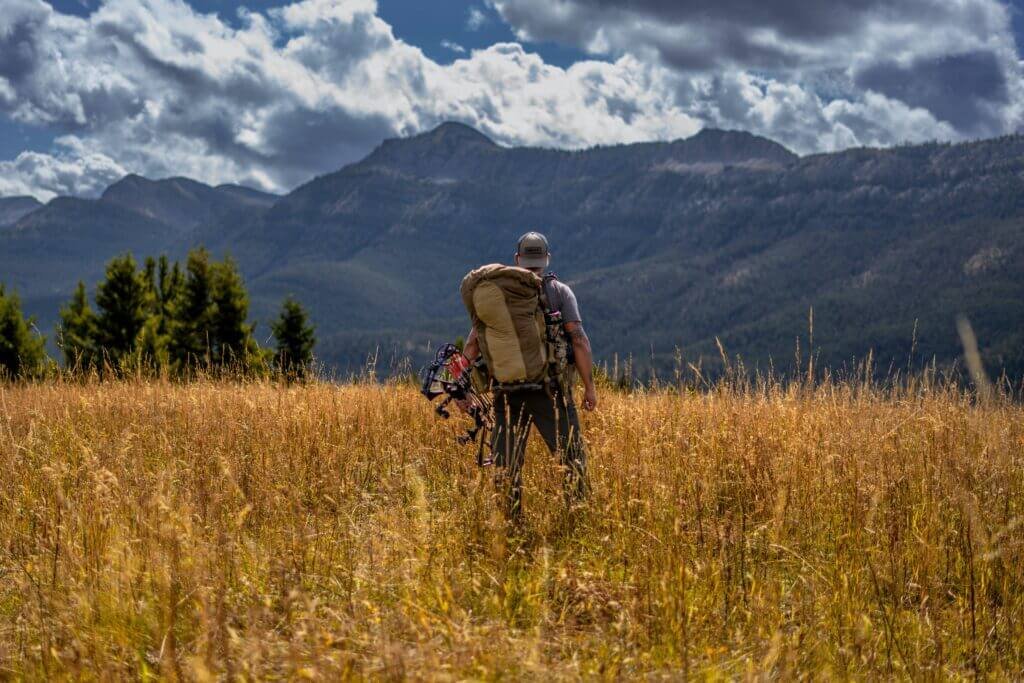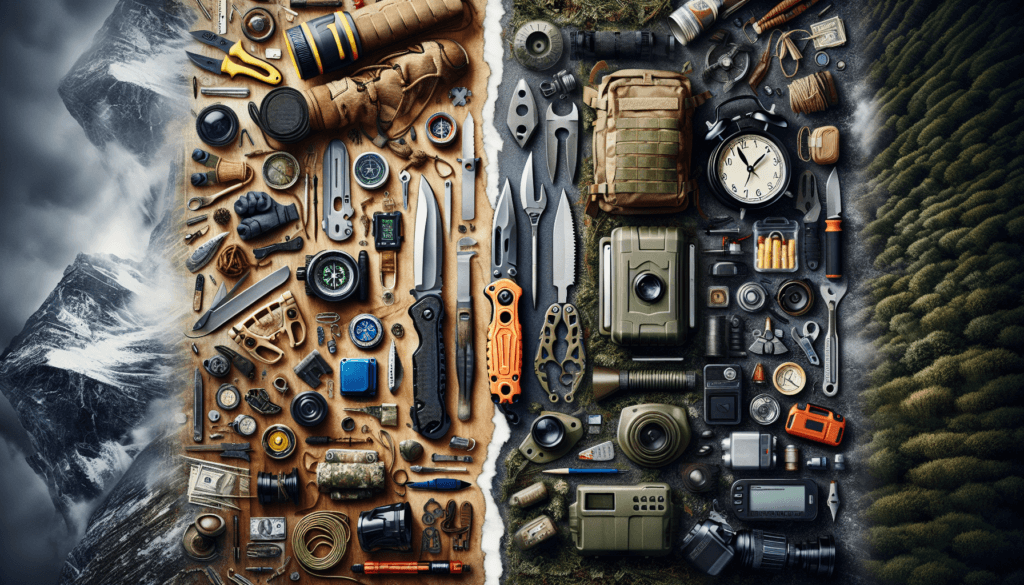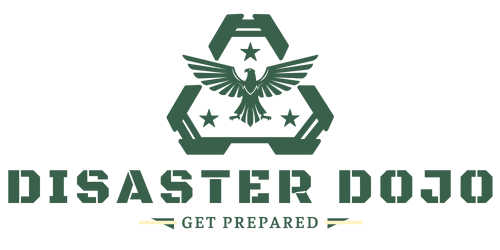Imagine being faced with an unforeseen crisis or disaster, feeling a wave of uncertainty washing over you. Suddenly, two terms pop into your mind: survivalist and prepper. But what exactly differentiates the two? In a nutshell, a survivalist is someone who is focused on acquiring and developing the necessary skills to survive in extreme conditions, while a prepper is someone who takes a more holistic approach, stockpiling essential resources and preparing for a wide range of potential emergencies. Despite their shared commitment to readiness, these two concepts each possess distinctive qualities that set them apart in the world of emergency preparedness.

Definition
Survivalist
A survivalist is someone who believes in being prepared for any type of emergency or disaster situation. They are dedicated to learning and practicing survival skills such as hunting, fishing, and building shelters. Survivalists often prioritize living off the grid and being self-sufficient, relying on their own resources rather than societal structures.
Prepper
On the other hand, a prepper is an individual who focuses more on stockpiling supplies and creating a well-equipped shelter or bug-out location. They prioritize a long-term approach to preparedness and often have extensive food storage, water filtration systems, and other resources to sustain themselves and their families during a crisis. Preppers may also engage in training and learning survival skills, but their main emphasis is on having the necessary supplies to survive a disaster.
Beliefs and Mindset
Survivalist
Survivalists have a mindset that revolves around self-reliance and independence. They believe in taking personal responsibility for their safety and well-being, and often view society as fragile and vulnerable in the face of potential disasters. Survivalists adopt a pro-active approach by acquiring the necessary skills and knowledge to navigate challenging circumstances successfully.
Prepper
Preppers share a similar mindset with survivalists, believing that it is crucial to be prepared for unexpected events. However, preppers may be more inclined to trust in societal structures and institutions, while still maintaining their personal preparations. They believe that by having provisions and a safe haven, they can better protect themselves and their loved ones during times of crisis.

Focus and Approach
Survivalist
Survivalists focus primarily on developing practical survival skills that can be applied in a variety of scenarios. They invest significant time and effort into learning how to hunt, fish, forage for wild edibles, and construct temporary shelters. Survivalists aim to be self-reliant by honing their abilities to adapt and thrive in the wilderness or other harsh conditions.
Prepper
Preppers prioritize a more comprehensive approach to preparedness. While they may still acquire survival skills, they place greater emphasis on stockpiling supplies and building long-term resilience. Preppers typically focus on having an adequate food and water supply, emergency medical kits, and communication systems to establish a sense of security during a crisis.
Self-Reliance and Skills
Survivalist
Survivalists pride themselves on their ability to be self-sufficient. They believe in relying on their skills and knowledge to thrive in any situation, whether it is in the wilderness or urban areas. Survivalists often practice primitive skills such as fire-making, shelter building, and navigation, emphasizing the importance of being able to survive with minimal resources.
Prepper
While preppers also value self-reliance, they may rely on their stockpiled supplies and resources to a greater extent. They recognize the importance of having a well-rounded skillset but focus more on utilizing their provisions to sustain themselves and their families during an extended period of uncertainty.

Stockpiling and Preparedness
Survivalist
Survivalists place less emphasis on extensive stockpiling and tend to focus more on utilizing their skills and immediate surroundings. They may have a limited amount of supplies but prioritize adapting to their environment and relying on their resourcefulness to procure food, water, and other necessities.
Prepper
Preppers, on the other hand, concentrate on building an extensive and well-stocked inventory of essential items. They generally have a surplus of food, water, medication, and other supplies to sustain themselves for an extended period. Preppers often design and implement detailed plans to manage and rotate their stockpiles efficiently.
Simulation and Training
Survivalist
Survivalists believe in rigorous training and constantly challenging themselves to improve their survival skills. They often simulate emergency scenarios through camping trips or participating in survival courses. These simulations allow survivalists to learn from real-life situations and enhance their ability to make quick, informed decisions during an actual crisis.
Prepper
Preppers may also engage in training and education to enhance their survival capabilities. However, their focus tends to be more directed towards utilizing their stockpiled supplies effectively. Preppers may practice drills and scenarios to ensure they are prepared to mobilize their resources efficiently when faced with a disaster.

Long-Term vs. Short-Term Situations
Survivalist
Survivalists excel in short-term or immediate survival situations, often relying on their skills and adaptability to navigate and overcome challenges. Their ability to live off the land, forage, hunt, and build temporary shelters makes them well-suited for swiftly adapting to changing circumstances.
Prepper
Preppers, on the other hand, have a long-term outlook when it comes to survival. They are prepared to hunker down in their well-stocked shelters or bug-out locations for an extended period. By having a surplus of supplies and resources, preppers aim to maintain their standard of living even in the face of prolonged societal disruptions.
Community and Collaboration
Survivalist
Survivalists tend to have a more individualistic approach to preparedness, often focusing on their own skills and resources. While they are capable of working in teams and sharing knowledge, their self-sufficiency often drives them to rely primarily on themselves or immediate family members.
Prepper
Preppers recognize the importance of community and collaboration during times of crisis. They often engage in prepper networks or groups, where they can exchange knowledge, resources, and support. Preppers value the power of working together and building a network of like-minded individuals to enhance their chances of successfully weathering a disaster.

Political and Social Perspectives
Survivalist
Survivalists often have a skeptical view towards the government and societal structures. They may regard increased government control as a potential threat to individual liberties and personal freedoms. Survivalists value self-reliance and believe in taking personal responsibility rather than relying on external entities for their well-being.
Prepper
Preppers tend to adopt a more diverse range of political and social perspectives. While some may share similar concerns about government overreach, others may have more faith in institutions and public services. However, preppers generally recognize the importance of being prepared regardless of political beliefs.
Media Portrayal and Stereotypes
Survivalist
Survivalists have often been portrayed by the media as loners living in the wilderness, disconnected from society. While this stereotype may hold true for some individuals, it’s important to remember that survivalists come from all walks of life. They may live in urban areas and simply prioritize developing survival skills for personal enjoyment, or as a way to be prepared for any unexpected events.
Prepper
Preppers have also been subject to media stereotypes, often being depicted as extreme and paranoid individuals. However, like survivalists, preppers come from diverse backgrounds and have varying levels of preparedness. Many preppers simply believe in being self-sufficient and are motivated by a desire to safeguard their loved ones during uncertain times.
In conclusion, while both survivalists and preppers share a common goal of preparedness, their approaches and focus differ. Survivalists prioritize developing practical skills and adaptability, while preppers concentrate on stockpiling supplies and creating secure shelters. Both mindsets have their strengths and weaknesses, and the choice to align more closely with one or the other depends on individual beliefs and needs. Ultimately, the most important aspect is recognizing the importance of being prepared to navigate unexpected situations in an ever-changing world.


